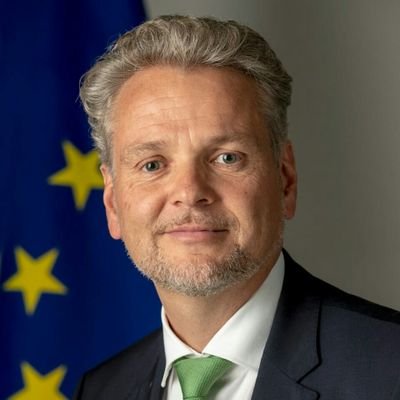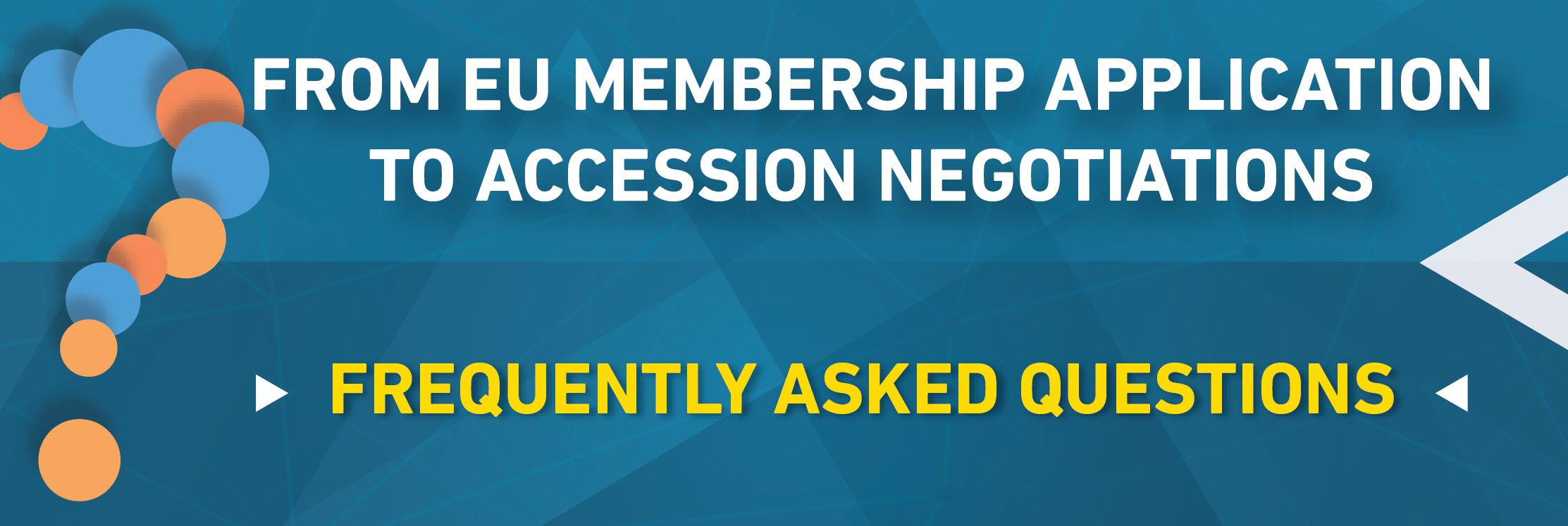Delegation’s Human Rights Focal Point:
- To be re-nominated soon
- EU Human Rights Focal Point
- EU Liaison Officer for Human Rights Defenders.
- E-mail us.
Human rights, democracy, and the rule of law are core principles of the European Union. Respect for human rights is a prerequisite for countries seeking to join the Union and a requirement for countries concluding trade and other agreements with the EU.
The EU’s human rights policy focuses on civil, political, economic, social, and cultural rights. It also seeks to promote the rights of women and children, persons with disabilities, minorities, and displaced persons. Particular areas of concern include human rights as they relate to asylum and migration, racism, xenophobia, and other discrimination against minorities.
The EU publicly condemns human rights violations wherever they occur, appealing to non-EU nations to end such violations. Since 1992, all trade and cooperation agreements with non-EU countries contain clauses making human rights an essential element of the relations between the parties.
The EU’s extensive human rights toolbox also includes human rights guidelines, demarches, and declarations; Council decisions; human rights dialogues with more than 30 non-EU nations; and the inclusion of human rights and gender components in Common Security and Defense Policy missions and operations.
Strategic Framework on Human Rights and Democracy
The EU’s first-ever Strategic Framework on Human Rights and Democracy, launched in 2012, sets out principles, objectives and priorities designed to improve the effectiveness and consistency of EU human rights policy as a whole.
With the new strategic framework, the EU has reaffirmed its commitment to the promotion and protection of all human rights, as well as its determination to promote human rights and democracy through all its external actions. The guidelines provide an agreed basis for a collective effort, involving EU Member States as well as EU institutions.
For more information see:
EU Activities: Human Rights
European External Action Service: Human Rights
EU Focus: Advancing Human Rights Worldwide
Business and human rights – including European Commission Sector Guides for employment and recruitment agencies, ICT companies, and oil and gas companies
EU Action Plan on Human Rights and Democracy 2015 – 2019: Action Plan and Council Conclusions
European Instrument for Democracy and Human Rights (EIDHR)
The EU provides direct funding for human rights and democratization through the European Instrument for Democracy and Human Rights (EIDHR). Launched in 1994, EIDHR’s annual budget of €155 million supports activities including global campaigns against the death penalty, the rehabilitation of torture victims, assistance for human rights defenders at risk, and support for free media organizations.
More than 90 percent of EIDHR partners are local and international civil society organizations; the remainder are international intergovernmental bodies with special expertise, such as the Office of the UN High Commissioner for Human Rights and the Council of Europe. Additional EU funding supports projects with partner governments to improve the implementation of human rights in areas such as police training and prison and judicial reform.
For more information see:
European Commission: European Instrument for Democracy and Human Rights
European Instrument for Democracy and Human Rights in Bosnia and Herzegovina
Election Observation and Assistance
Credible and fair elections are vital to democracy, the rule of law, and respect for human rights, and EU election observation missions assess whether the electoral process conforms to international standards for democratic elections. Observers examine whether political parties can participate freely and openly in the electoral process; the level of access candidates have to the media; voter education; and the safety and security of voters.
Since 2000, the EU has deployed more than 70 long-term election observation missions in nearly 50 countries.
For ore information see:
European External Action Service: EU Election Observation Missions
European Commission: EU Election Observation Missions
Human Trafficking
Trafficking in human beings violates the victims’ fundamental human rights. Because it disproportionately affects vulnerable groups such as women and children, the EU focuses on protecting these populations, as well as on preventing and combating trafficking through strengthened cooperation and coordination between the police and judicial authorities of the Member States.
In March 2011, the EU adopted new legislation to strengthen its fight against trafficking in human beings. New criminal law provisions include a common definition of the crime, as well as higher penalties for those convicted of human trafficking. Every Member State is required to investigate and prosecute offenses committed within its territory or committed by one of its nationals, even outside of its own country. Finally, the new law better protects victims of human trafficking by providing them with housing, medical care, and witness protection.
For more information see:
European External Action Service: Human Trafficking
European Commission: Human Trafficking
Torture and Capital Punishment
The EU unconditionally supports the right to life and the right not to be subject to cruel, inhuman, and degrading treatment or punishment— standards recognized in the Universal Declaration of Human Rights, other international human rights agreements, and many national constitutions.
Abolition of the death penalty is a prerequisite for EU membership, and the European Union actively promotes a global moratorium on the use of the death penalty and protests against the practice in individual cases throughout the world. The EU has insisted that bilateral extradition treaties with non-EU countries automatically preclude the use of the death penalty in all cases of extradited prisoners from EU Member States.
As a global leader in the fight against torture and other forms of ill treatment, the EU works to prevent and eliminate torture and to end the impunity of those responsible. Through its Guidelines on Torture and Other Cruel, Inhuman and Degrading Treatment, the EU strives to persuade non-EU countries to produce and apply effective measures to outlaw torture. The EU also champions anti-torture initiatives in international forums, consistently raises its concerns with other countries through political dialogue and bilateral initiatives, and provides substantial funding for relevant projects by civil society organizations.
For more information see:
European External Action Service: Policy on the Death Penalty
European External Action Service: EU Activities Against Torture
European Commission: Death Penalty


















